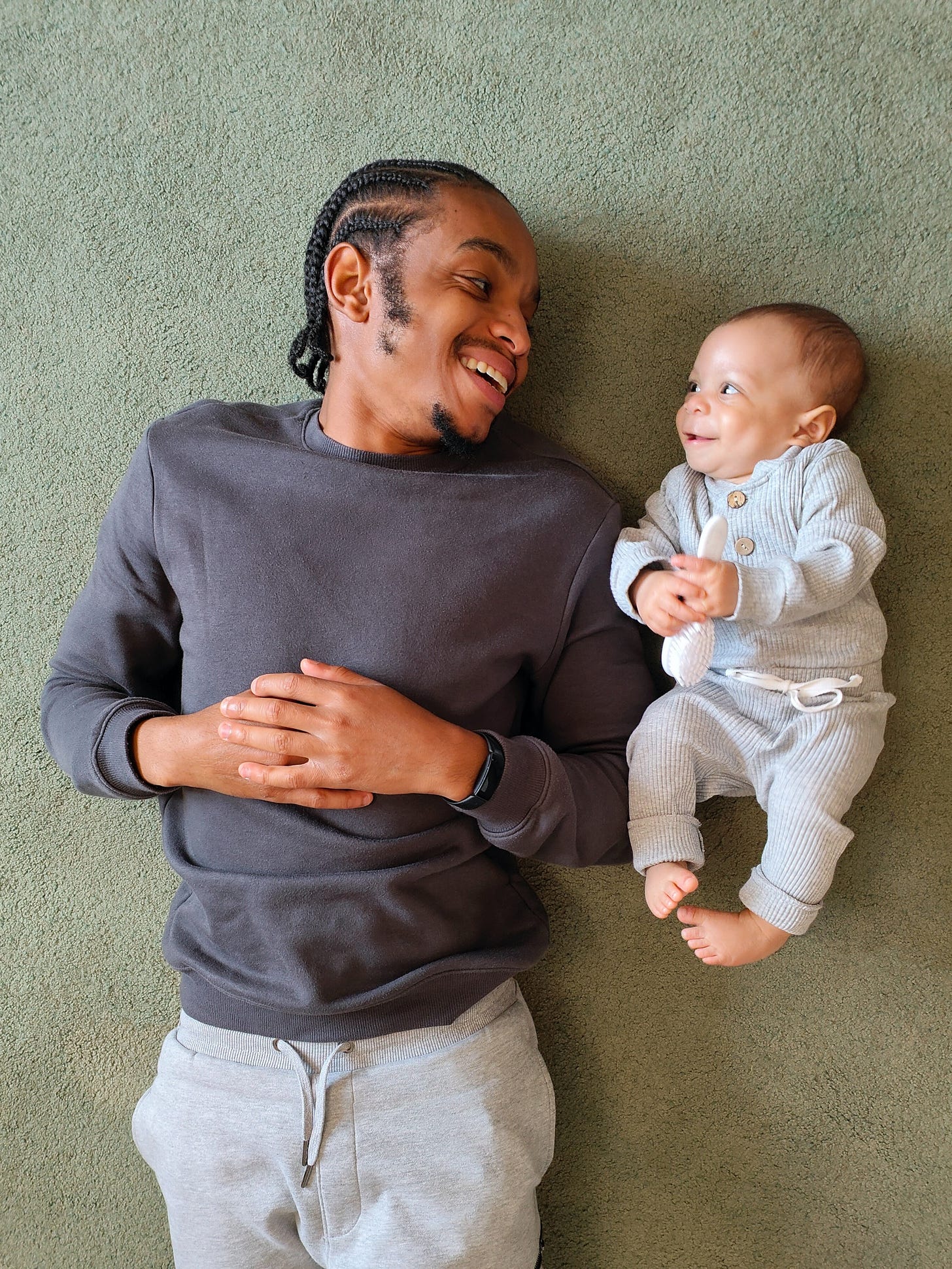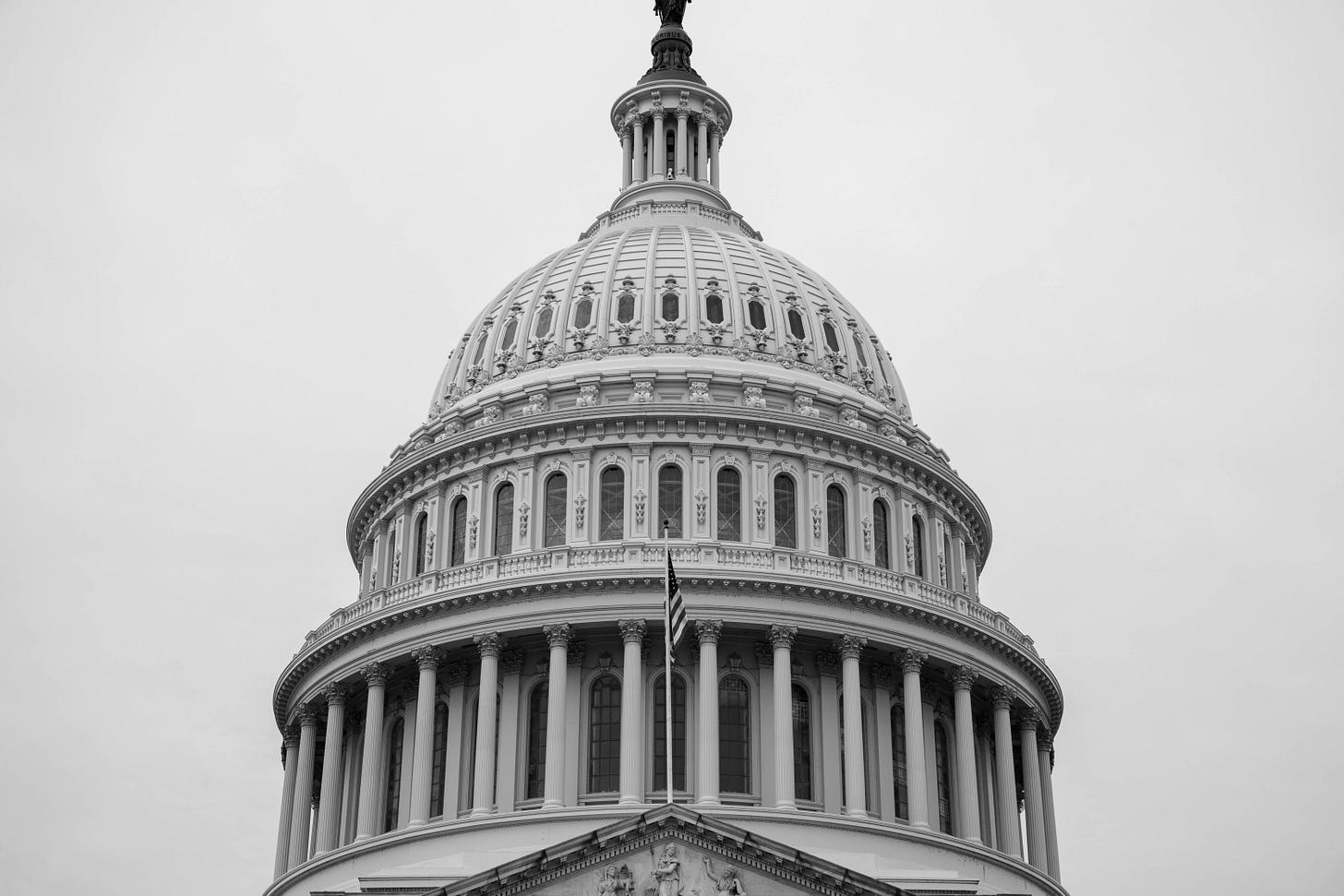🤝AI Startup Secures $40M to Revolutionize Therapist Documentation
Your 11/12/23 update on all things mental health
Good morning! ☀️
And Happy Sunday!
On this day in 1968, the US Supreme Court, in Epperson v. Arkansas, declared an Arkansas law banning evolution in public schools unconstitutional. The court “held that the First Amendment to the United States Constitution prohibits a state from requiring, in the words of the majority opinion, ‘that teaching and learning must be tailored to the principles or prohibitions of any religious sect or dogma’”. (link)
This was a win for science and a win for the separation of church and state.
In today’s newsletter:
An AI startup that raised $40 million to help therapists decrease their administrative burden
Lawsuit alleges Mark Zuckerberg ignored warnings around Instagram affecting youth mental health
New research on Alcohol Use Disorder and more
Question: How many people ages 12 and older had Alcohol Use Disorder in the United States in 2021?
AI Documentation Startup Raises $40 Million
Administrative burdens are common throughout healthcare. In their work, providers may spend time writing documentation, billing, and dealing with insurers. These administrative tasks create burdens that make health care more burdensome and inefficient for both patients and providers. Some studies have found that physicians spend twice as much time on paperwork as with patients and that these administrative burdens can be a primary cause for burnout. (link)
The field of mental health is no exception. One survey of 500 therapists found that most therapists see around 20 clients per week and spend about 7 minutes per note, for a total of 140 minutes or 2 hours and 20 minutes of notes per week (link). That’s over 10% of a therapist’s time being spent on notes, which doesn’t include time spent on other administrative tasks.
With that context in mind, Artificial Intelligence (AI) documentation startup Eleos Health, which turns behavioral health conversations into documentation and other insights, has raised a $40 million Series B round. The company was founded in 2020, has over 3 million minutes of therapy sessions in 2023 alone, and employs 95 people in Boston and Tel Aviv. The goal of the company is to eradicate administrative barriers faced by clinicians.
Other News
Experts highlight that a combination of workforce shortages and a lack of community resources make it difficult for people to find appropriate and timely mental health care in Maine, leading to tragedies such as the mass shooting in the state. Student loan forgiveness, tuition assistance, paid internships, and sign on bonuses can help bring professionals to the field, and walk-in crisis centers can allow people to receive timely care during crises (link)
Mental health evacuations and hospitalizations for deployed US troops are on the rise. According to survey data from the U.S. military’s Medical Surveillance Monthly, “Mental health disorders topped the list of reasons for hospitalization for every year in the survey data” (link)
In response to recent controversies, the Federal Aviation Administration is naming a pilot mental health committee to “provide recommendations to address barriers preventing pilots from reporting mental health issues” (link)
A new lawsuit filed against Meta claims that Mark Zuckerberg ignored warnings about Instagram's impact on the mental health of young users. For example, mental health experts raised concerns about plastic surgery filters “encouraging … body dysmorphia”, but Zuckerberg allowed the filters because there was “clear demand” and that he had seen “no data” about their being harmful (link)
Cities such as Philadelphia are assigning 911 calls to crisis response teams which pair police officers with mental health professionals in “co-responder programs”. There’s no standard, golden model for these programs, leaving many cities to find their own way and create their own methods (link)
Reads on research
Paradoxically, one study found that fathers with mild anxious or depressive symptoms correlated with fewer behavioral health issues and higher IQ scores in young children (link)
Accountable Care Organizations (ACO), Medicare’s dominant care model, are groups of doctors, hospitals, and/or other health care providers who work together to improve the quality and experience of patients. A longitudinal study found that ACOs did not contribute to improvements in mental health treatment or patient-reported outcomes (link)
Data from 118 clinical trials and 20,976 participants showed that oral naltrexone, an opiate antagonist used to treat opioid and alcohol use disorder, at 50 mg/d and acamprosate, another medication used to treat alcohol use disorder, in conjunction with psychosocial interventions, is a first line pharmacotherapy treatment for alcohol use disorder (link)
Reads on policy
The suicide rate of farmers is 3.5 times higher than that of the general population. To combat this crisis, Congress is seeking to pass a bill that would expand mental health services in rural communities. The bill would increase the funding of the Farm and Ranch Assistance Network (FRSAN) to $15 million over a period of five years. The organization provides behavioral health counseling and other mental health resources to agricultural workers (link)
Sen. Tammy Duckworth’s HOPE Act would allow “would allow nonviolent, deported immigrant veterans to temporarily return to the U.S. for treatment at a VA facility on a case-by-case basis.” Veteran immigrants may struggle with mental health, but may face deportation if convicted of a criminal offense. The U.S. has “deported tens of thousands of immigrant veterans since the 1996 Illegal Immigration Reform and Immigrant Responsibility Act” (link)
Governor Kathy Hochul today announced an additional $5 million to the $9 million Community Mental Health Loan Repayment Program. The $14 million program was created to recruit and retain mental health professionals through repayment (link)
Tech, business, and interesting reads 😎
Forum, a marketplace for peer support groups, raised $5.3 million in funding. The company seeks to create support groups led by experienced facilitators on various topics like grief, loneliness, and caregiving (link)
Oula, a modern maternity care center, has raised over $20 million to help deliver evidence-based and personalized pregnancy experiences (link)
Answer: According to the 2021 National Survey on Drug Use and Health, 29.5 million people ages 12 and older (10.6% in this age group) had Alcohol Use Disorder in 2021. Sixteen million of these people were males, 18.7 million were white people, and 5.1 million were Hispanic or Latino (link)
If you enjoyed this newsletter, consider sharing it with a friend or colleague or signing up for the weekly paid version. You can directly forward the newsletter, or use the button below to get rewards for referrals. Thank you for your support 🙏





